Speaker
Description
Nonlinear evolution is not a usual phenomenon in quantum physics. It is possible to define a time-evolution for an ensemble of equally prepared systems in a somewhat unusual way: take N systems, apply an entangling unitary transformation, measure all but one of the systems and, depending on the measurement results, keep or throw away the remaining system. This procedure applied to the whole ensemble results in a new ensemble, the state of which being a nonlinear transformation of the initial quantum state. We present some properties of the possible dynamics for one- and two-qubit systems without and with noise. We report on the realization of a couple of steps for two of the protocols in optical experiments. Furthermore, we discuss possible applications, e.g. benchmarking quantum computers.

